Workshop
Workshop: Improving water quality in the Neman catchment area through rewetting, wise wetland and river basin management
December 12, 2016
Description
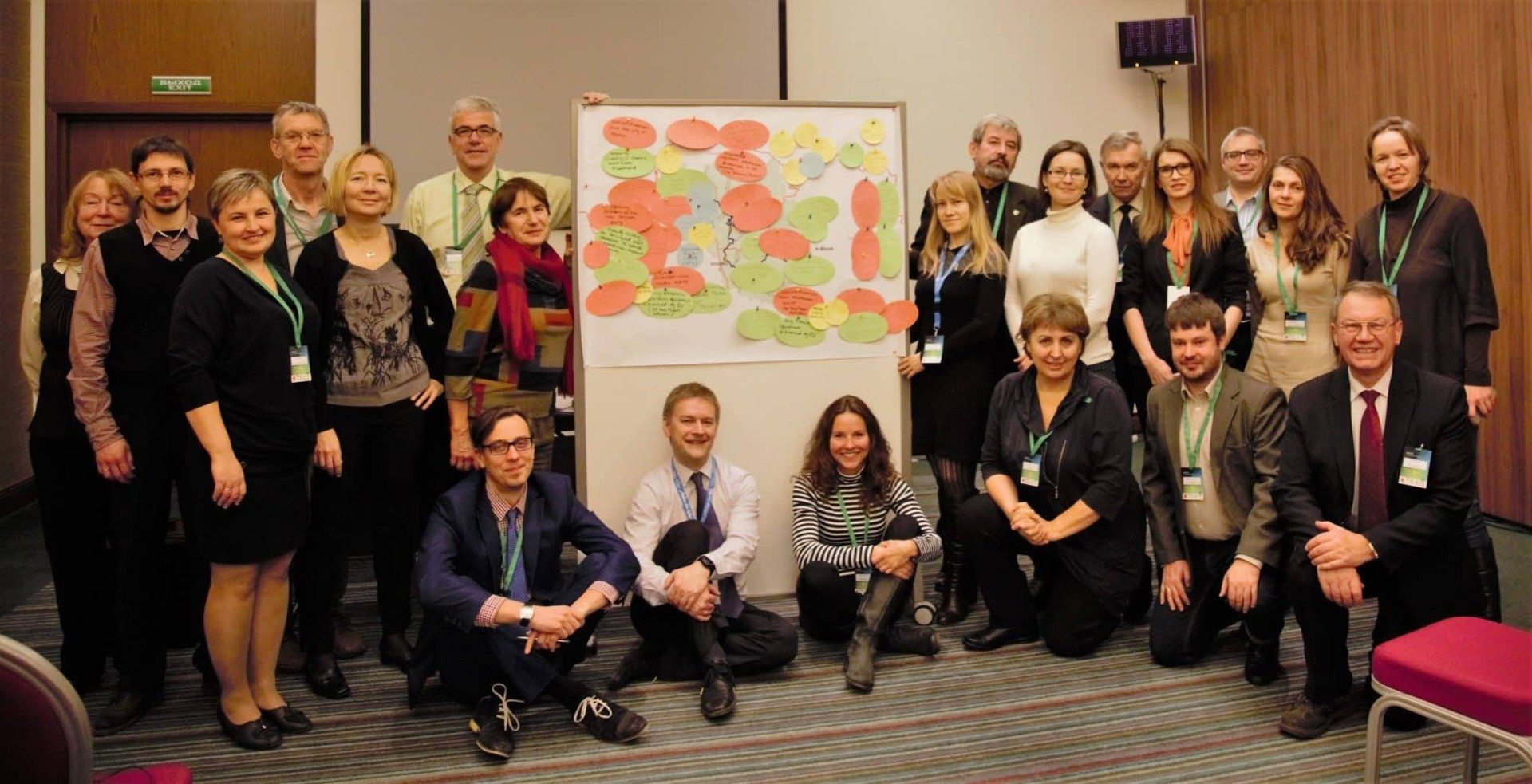
The international workshop “Improving water quality in the Neman catchment area through rewetting, wise wetland and river basin management” was held on 12-14 December 2016 in Kaliningrad, Russia. It was organised by Michael Succow Foundation, Coalition Clean Baltic, the Ministry of Natural Resources and Ecology of the Kaliningrad region (Russia) with the financial support of the Federal Agency for Nature Conservation in Germany (BfN), Nordic Council of Ministers and the EU LIFE Programme.
The workshop was dedicated to the problem of eutrophication of the waters in the Neman river, its tributaries and, as a result, of the Baltic Sea through the Curonian Lagoon. The catchment of the Neman is shared among Belarus, Lithuania, Poland and Russia. However, the pollution of waters does not stop at the national borders. During the three-day event, 63 participants from 9 countries took part in the workshop to discuss the possibilities and constraints of water quality improvement in the downstream Neman catchment through wise wetlands and river basin management.
The workshop consisted of the common part with the presentations on selected topics and further detailed discussions in the thematic workshop groups. The groups’ work was facilitated by the experts and final reports were composed. Overall, 15 presentations were given with time for questions and discussion.
The experts from the Neman catchment countries gave an overview of the status of the area in each country. Aliaksandr Pakhomau
from the Central Research Institute for Complex Use of Water Resources in Minsk, Belarus, gave an overview of land used in the catchment area in Belarus, presented the results of the monitoring of the water quality and named point
sources of contamination, as well as diffuse agricultural sources. Ricardas Paskauskas
from Nature Research Centre in Vilnius, Lithuania, presented the status of catchment in the country, 75% of which were within the Neman catchmnet. Further, the measures proposed in a new Neman river basin district (RBD) managemnet plan were disscused. Marina Abramchuk
from the University of Warsaw, Poland, presented the status of the Polish part of the Neman catchment with western tributaries to the river.
Although most of the headwater parts of the rivers had been dredged and water retention had been limited, indicator species of clean water can be found there. This can be explained by high forest cover and extensive agriculture in the catchment. Dmitriy Domnin
from P.P. Shirshov Institute of Oceanology of the Russian Academy of Sciences in Kaliningrad described the sub-catchments of the Neman in Kaliningrad Oblast, Russian Federation and presented the results of some scientific research on the changes of the amount of total nitrogen and phosphorus in the „incoming“ and „outgoing“ waters in Kaliningrad region.
During the second part of the workshop various European experiences in the field of river basin management were presented. John Stand, from Wetland Research Centre at Halmstad University, described the theoretical and practical background of constructed wetlands for nutrients retention. Alexander Kozulin, from Scientific-practical Centre for Bioresources of the Belarusian Academy of Science, presented the problems with drained peatlands in Belarus, as well as rewetting activities after peat extraction. Wendelin Wichtmann, DUENE / Greifswald Mire Centre, presented ways to establish sustainable and climate-friendly agriculture on wet and rewetted peatlands with many environmental benefits. In order to maximise the economic and social benefits for many stakeholders from the river and enhance participation, an integrated river basin management should be applied. Best practice, tools and key elements of a success were presented by Mikhail Durkin from Coalition Clean Baltic.

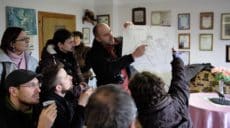
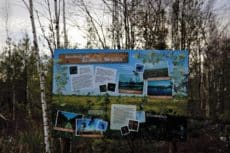

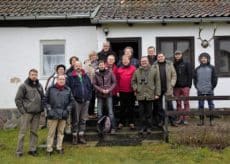

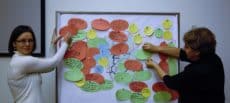
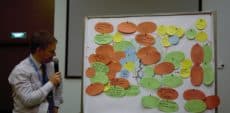
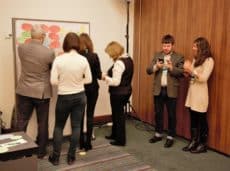
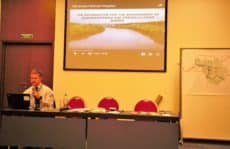
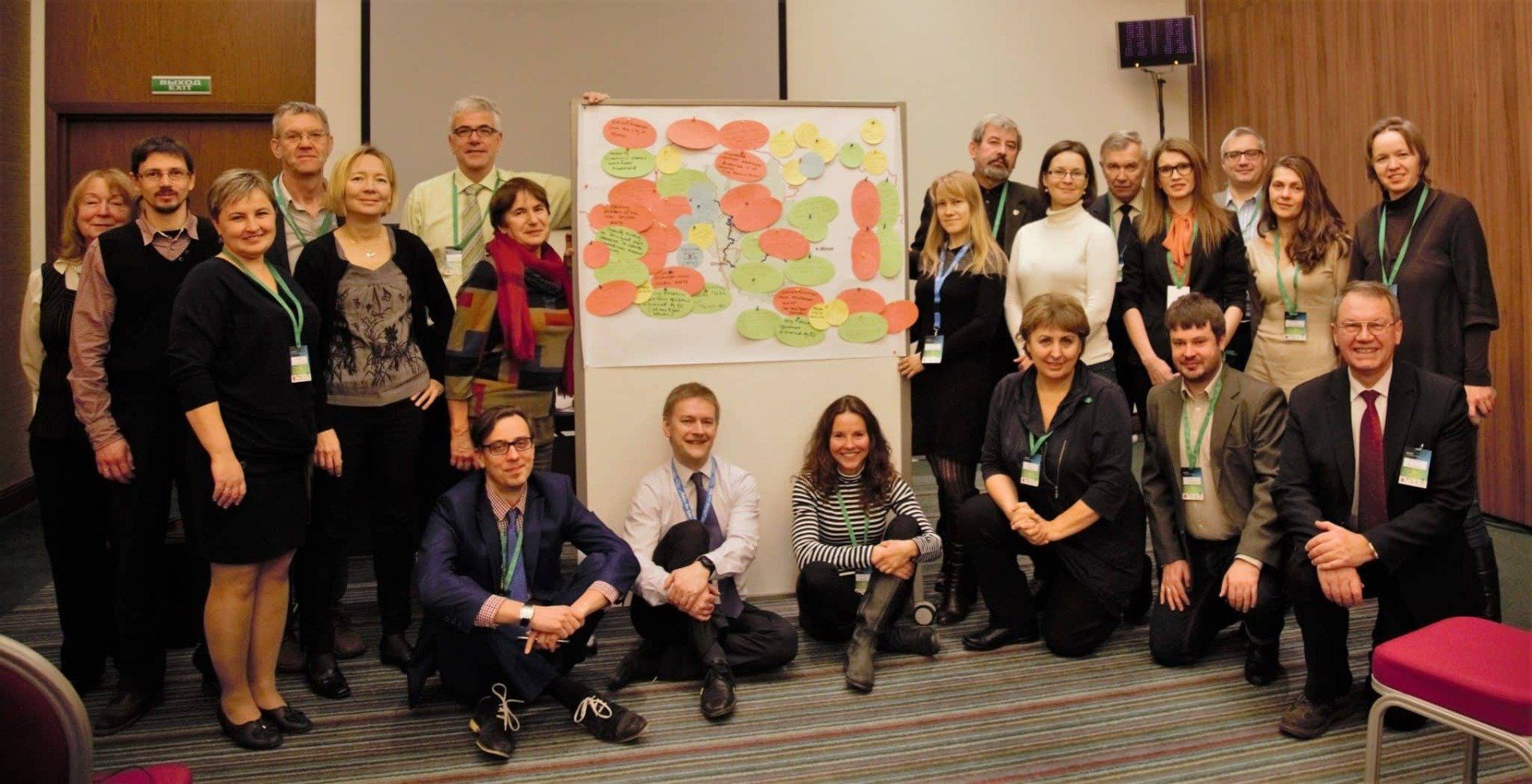
The third part of the workshop was focused on the activities undertaken by governmental and non-governmental actors in every of the four countries to improve the environmental situation in the Neman catchment. Barbara Piekutowska from National Water Management Authority in Poland (KZGW) gave an overview of measures planned to fulfil the objectives of the Water Framework Directive in the Polish part of the Neman basin. Vasily Shlyk from Grodno Regional Committee of Nature Resources and Environment Protection, Belarus, presented the utilisation of water resources in the area and problematic waste water treatment plants in the region. Vytautas Kalpokas from the Water Policy Unit in the Ministry of Environment of Lithuania presented the River Basin Management Plan for the Neman, which defined the pressure of diffuse and point sources of water pollution, as well as hydro morphological changes. Jana Kazimirskaya from the Department of Water Resources in Kaliningrad Oblast presented statistical data about water use and its contamination in the Neman catchment on the territory of Russia.
On the second workshop day the work in groups continued and results were presented and discussed on the common session with all workshop participants. In the second part of the day the presentations were focused on the biosphere reserves (BR) as a framework for coordinated thematic work. Valery Neronov, from the Committee for MAB Program in Russia, presented the concept of UNESCO Biosphere Reserves. He showed the experience of BR establishment in Russia and prospects for Kaliningrad region. Anna Lukonina presented the situation and activities conducted on the Volga floodplain BR in Russia, whereas Anke Hollerbach presented German experience on the Middle Elbe River BR with a focus on river basin management.
Afterwards, the funding opportunities for coordinated work in the Neman river basin were summarised and presented by Liana Maximova with a focus on involvement of Russian partners in EU funded activities like Interreg
Brief and easy-accessible overview on the topics discussed and outcomes of the workshop are summarized in the event report (English).
The report in Russian could be found here.
